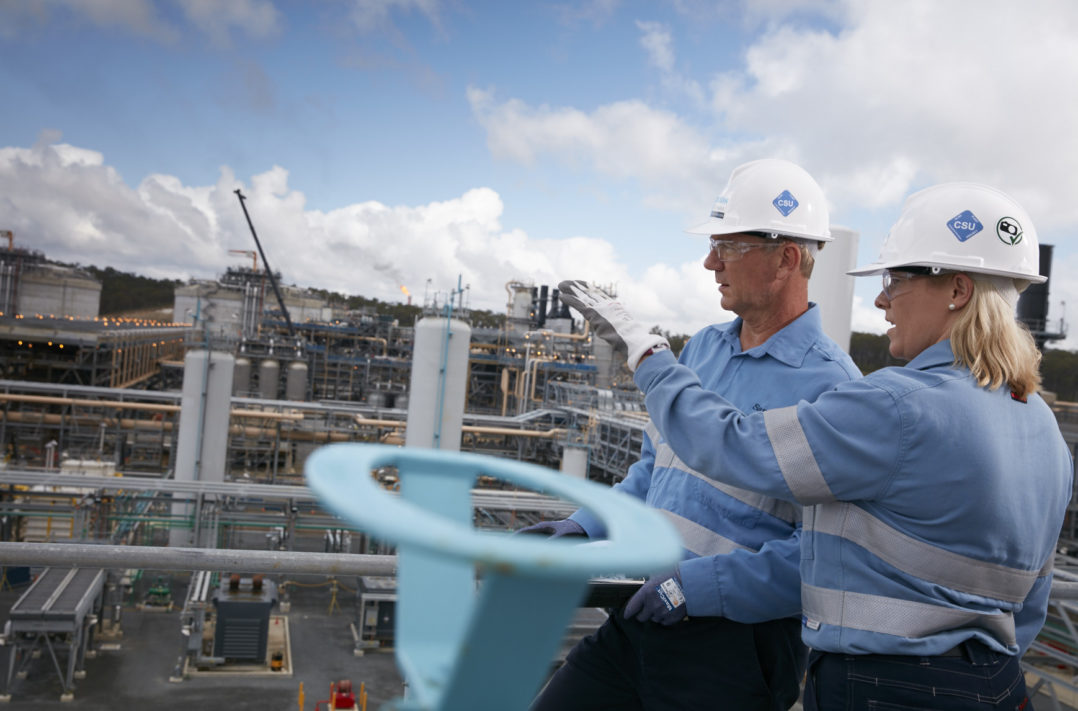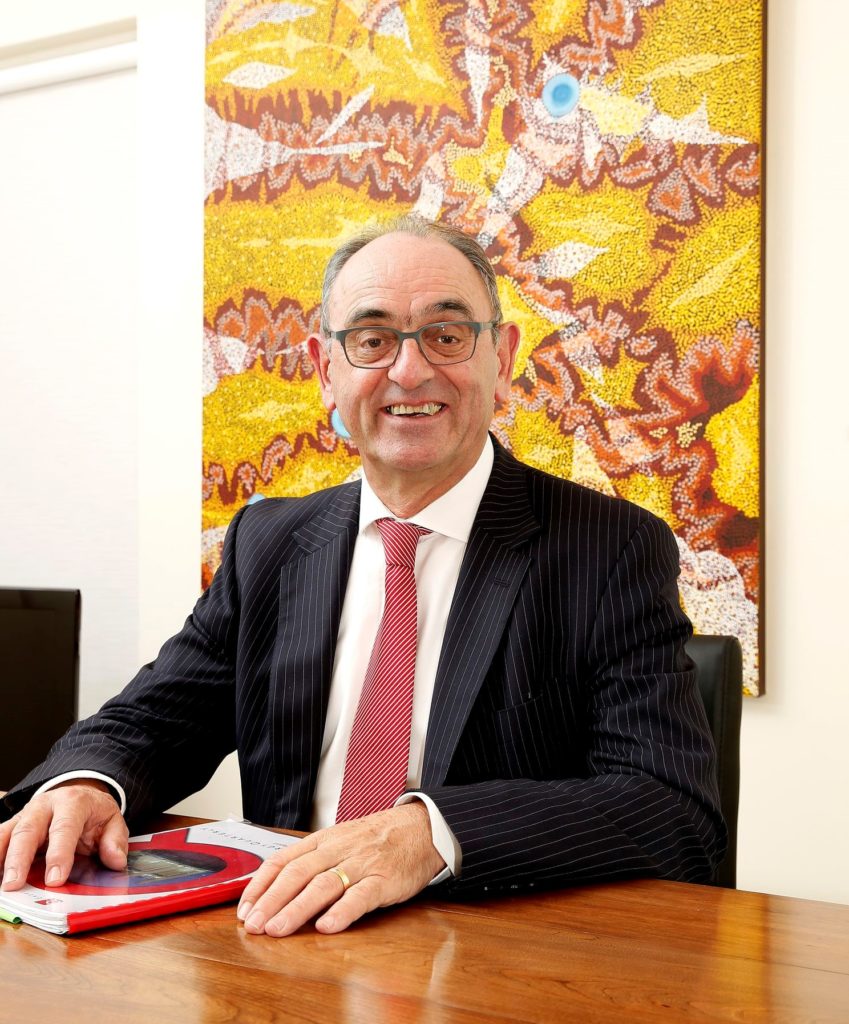LNG import projects are urgently needed in both Melbourne and Sydney to counter the risks of a growing shortage of gas in the southern states, according to a major energy report released today.
Based on new modelling by independent energy consultancy, EnergyQuest, gas production in the southern states (NSW, Victoria, South Australia and Tasmania) starts to shortfall demand by 2022. By 2025, the report forecasts that annual gas production offshore Victoria will more than halve from current levels, dropping to 146 petajoules (PJ) from 336 PJ in 2018.
Supply from Queensland would need to increase to nearly one third of southern supply to fill the gap. However, moving this volume of gas south would run into constraints on the QSN Link Pipeline and the Moomba Sydney Pipeline.
EnergyQuest warned, however, that more Queensland gas would only be a short-term palliative to the problems in the south because Queensland has challenges too.
“We also expect Queensland gas production to start declining from 2025, due to a shortage of quality gas resources,” EnergyQuest Chief Executive, Dr Graeme Bethune, said today.
“The east coast faces a double whammy of insufficient gas in both the north and south.
“Queensland also has investment risks. Maximising production from Queensland’s coal seam gas (CSG) fields requires investors to be sufficiently confident of the investment climate to drill around 1,000 new wells a year at a total cost of A$1-2 billion,” Dr Bethune said.
“The investors in Arrow Energy (Shell and PetroChina) – Queensland’s largest uncontracted gas resource – also need to be confident that development of their substantial acreage will be profitable, notwithstanding losing more than A$6 billion on the investment since 2010.
“Investors already feel over-exposed to Australia and the Queensland CSG projects, which have cost them dearly. It would hardly be surprising if they are cautious about further investment but any pull-back on drilling or development could easily make the situation worse.”
The report finds that increasing reliance on Queensland gas will increase the wholesale price of gas delivered to Sydney or Melbourne into the $10-$13 a gigajoule (GJ) price range or even higher, and for longer.
There is a particular challenge of meeting peak winter demand in Victoria, NSW and Tasmania, which can be up to 1,200 terajoules (TJ) in a single day.
With the rapid decline of the Gippsland legacy fields, Victoria’s peak production capability will decline to around 400 TJ per day. The decline leaves a large gap, which will emerge early next decade.
The report found that the southern states need a new permanent source of gas supply, which can only be met by the proposed LNG import projects.
“Timing is critical and it is concerning that the regulatory processes in Victoria and NSW are dragging out, delaying decisions to go ahead with these new terminals,” Dr Bethune said.
“Here, we have investors willing to spend their own money to alleviate the east coast gas shortage but there does not appear to be any sense of urgency on expediting the approval process.”
The findings are contained in a report titled the East Coast Gas Outlook to 2036 prepared by EnergyQuest over the past year.
The report found that LNG import terminals can provide long-term contracts to gas-users with transparent pricing, they would be located near major demand centres and are also well suited to meeting peaking demand. Such terminals will also provide increased competition in the east coast gas market, something which is otherwise likely to decline.
“There are fears that such projects will lock the east coast into international gas prices but that has happened already,” Dr Bethune said. “The start-up of the three Gladstone LNG projects has automatically linked the east coast gas market directly to global gas market prices and demand, where LNG prices are set. The Gladstone LNG plants currently supply 25% of domestic eastern coast gas.
“Queensland gas delivered to NSW and Victoria is already priced at export parity. The differences in price with LNG imports are between export parity plus pipeline tariffs for domestic gas and import parity for imports. More importantly, if imports do not go ahead, the east coast will be short of gas with limited suppliers who do not have the restraint of active competition in setting their prices.”
“What will lock the east coast into even higher gas prices, however, are restrictions on new supply, LNG imports and exploration.”
The EnergyQuest executive said blocking LNG import projects would not reduce prices but increase them, as restricting supply had never crystallised reduced gas pricing.
“LNG importing is not necessarily forever. Both Argentina and Egypt went from exporting LNG to importing and are now back into exporting following substantial gas discoveries,” Dr Bethune said.
“LNG imports are not all that is needed. Development of domestic gas projects is also critical and should be more than competitive with imports. For example, development of Santos’s Narrabri project in NSW is necessary but is being hampered by a lengthy regulatory process and political uncertainty.
“The difficulties of investing in NSW are highlighted by the recent Fraser Institute Global Petroleum Survey which ranks NSW as the seventh most unattractive jurisdiction globally for petroleum investment, just slightly better than Iraq although ahead of Victoria, which is fourth most unattractive globally.”
Overall, the report concludes there is a high degree of uncertainty in the east coast gas industry, including supply uncertainty, demand reaction to high prices and risk, mismatched supply/demand balances, infrastructure constraints, regulator risk and public support for the industry.



